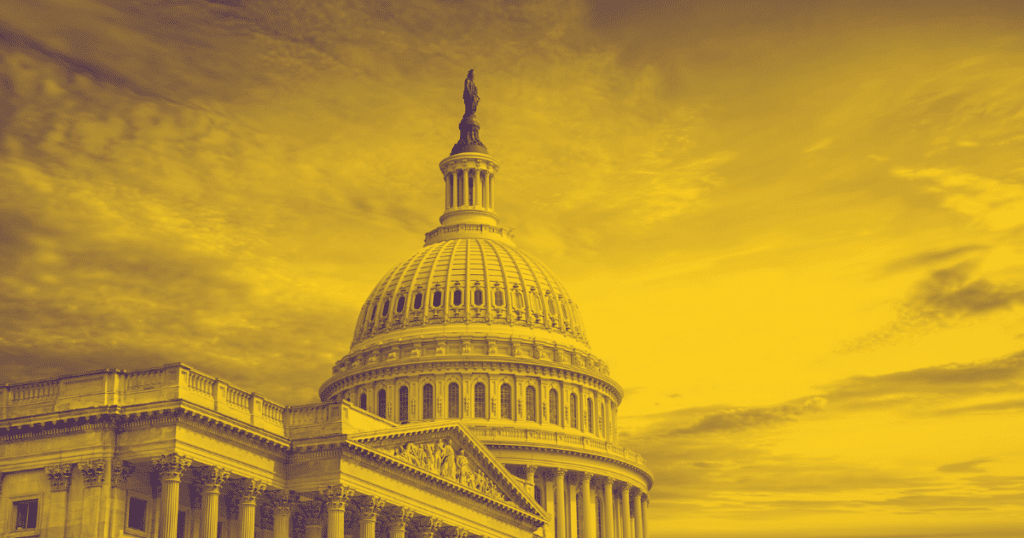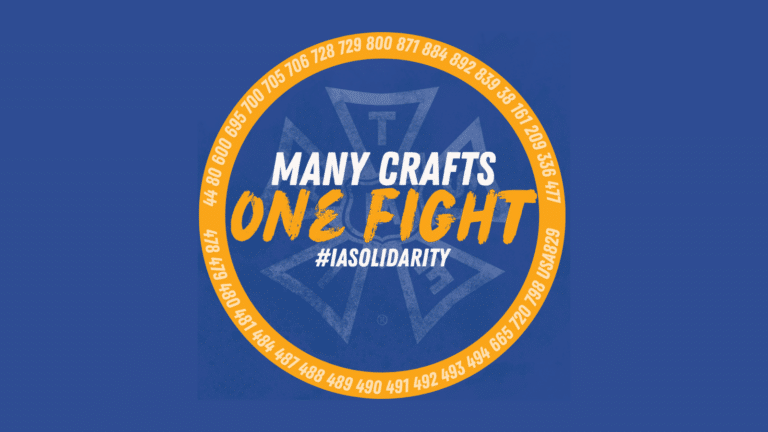WASHINGTON, DC – Today, Representatives Judy Chu (D-CA) and Vern Buchanan (R-FL) once again introduced the bipartisan Performing Artists Tax Parity Act (PATPA) in the U.S. House of Representatives. The legislation provides a necessary update to the Qualified Performing Artist (QPA) tax deduction, correcting an unintended consequence of the 2017 Tax Cut and Jobs Act that drastically increased taxes for middle class creative professionals.
The 2017 Tax Cuts and Jobs Act eliminated Unreimbursed Employee Expenses as a tax deduction, which meant W-2 workers lost the ability to deduct expenses incurred while on the job. IATSE members such as cinematographers, wardrobe attendants, and make-up artists must now shoulder the cost of the camera equipment, costume alteration tools, and cosmetic supplies necessary to do their jobs. Every year, creative professionals can spend 20% to 30% of their income on necessary expenses to secure and maintain employment.
PATPA garnered considerable bipartisan support last Congress, with 92 House cosponsors and 18 Senate cosponsors signing onto the bill. IATSE received positive feedback from House and Senate leadership, as well as the Biden Administration, about including PATPA in the FY23 omnibus government funding bill in December 2022. Unfortunately, Congress could not come to bipartisan agreement on a tax package within the omnibus, meaning PATPA was not able to be included as tax related legislation.
Upon the bill’s reintroduction, IATSE International President Matthew D. Loeb stated, “While it was disappointing to narrowly miss getting PATPA across the finish line in 2022, we remain greatly encouraged by the bipartisan support that has been built for Representatives Chu and Buchanan’s bill. There is increased awareness in Congress of this issue that has been affecting our members’ financial well-being since well before the COVID-19 pandemic shuttered our industries. With the bill reintroduced, IATSE is working intensely to build on the momentum of last Congress and finally restore tax fairness for thousands of middle class behind-the-scenes entertainment workers.”
IATSE commends Representatives Chu and Buchanan for continuing the fight to restore tax fairness for arts and entertainment workers by reintroducing the Performing Artists Tax Parity Act. We encourage all members of Congress to support the swift passage of this critical legislation.
**Additional information on PATPA: Eligibility for the QPA deduction has remained unchanged since it was signed into law by President Ronald Reagan in 1986 and limits the adjusted gross income of the taxpayer to $16,000. PATPA would raise the ceiling of QPA eligibility to $100,000 for single taxpayers and $200,000 for couples filing jointly, with a built-in phase out to help transition the taxpayer out of the deduction. If passed, many behind-the scenes entertainment workers would once again be able to deduct expenses incurred in the course of their employment.










